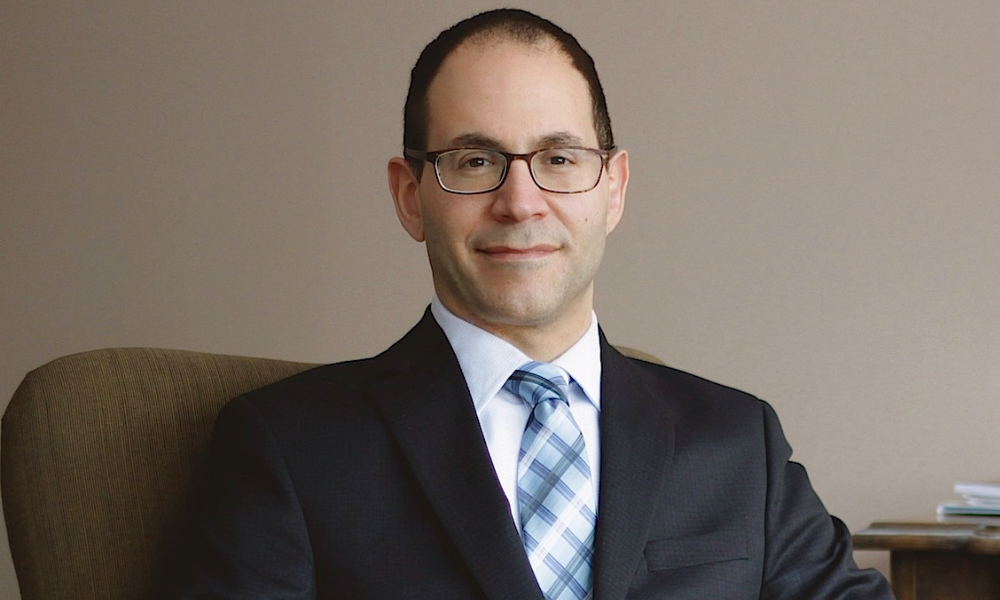Ontario's reliance on credentialing bodies risks becoming 'a rubber stamp for the status quo'

While Ontario’s title protection framework for financial advisors (FAs) and financial planners (FPs) was created to fill a long-standing gap in regulation, it still falls far short of its original vision, according to one industry veteran.
“The Ontario title protection regime doesn't seem to be as strong as I had hoped, originally,” says Dan Hallett, vice-president, Research & Principal at HighView Financial Group. “The way I interpreted the original intent, it was to set a reasonably high standard for someone to call themselves a financial advisor or planner.”
Hallett says he participated in the first round of consultation for title protection in Ontario in 2020, but chose not to continue after seeing the direction it appeared to be heading. “Unfortunately, it is going down the path that I was hoping it wouldn't,” he says.
Read more: Ontario's title protection framework an 'unfulfilled promise': investor advocate
One missing piece from the title framework, according to Hallett, is a statutory best interest standard, which was one of the key elements recommended by the expert committee assembled by Ontario to study the regulation of financial planning in 2015.
“That wasn’t on [the Financial Services Regulatory Authority of Ontario’s] radar at all,” Hallett says. “Maybe it was because of the client-focused reforms and how they address conflicts of interest. That still leaves a bit of a gap, but it helps to address the previous shortcomings.”
In his comment letter submitted during the first round of consultations in 2020, Hallett warned that having self-regulatory organizations become credentialing bodies in the province would be a wasted opportunity for title protection. He was afraid that people qualified to sell securities investment funds could simply fill out an application and pay their way into being a financial advisor (FA) or financial planner (FP), creating “a rubber stamp for the status quo.”
The reliance of Ontario’s title protection framework on credentialing bodies – rather than having title protection governed and enforced by a financial regulator, as is the case in Quebec – is also a point of concern for Independent Financial Brokers of Canada (IFB), a not-for-profit professional organization representing financial advisors and planners across the country.
“In our view, the legislative decision to rely on credentialing bodies to monitor and adjudicate the market conduct of the individuals they accredit, rather than rely on an existing financial regulatory body, creates a weaker standard of accountability, and risks achieving the goal of strengthened consumer confidence,” IFB said in a comment letter dated June 21, 2021.
“The success of this new framework will lie heavily in FSRA’s ability to provide robust oversight of the accredited credentialing bodies, including consistent standards, to ensure consumers are, indeed, well-served, regardless of which CB has accredited their FP or FA,” IFB said.
In a recent statement, FSRA asserted that its approved credentialing bodies meet all minimum requirements, which include providing a minimum standard of education, having a code of conduct to put clients’ interests first, and having a complaints and disciplinary process in place for errant credential holders.
Read more: FSRA stands by title protection framework
“[W]here they have unproven processes necessary to meet these standards, [CBs] will be subject to ongoing focused review,” said Huston Loke, FSRA executive vice president, Market Conduct, who also offered assurance that the regulator has a process in place to review “all aspects of the performance of credentialing bodies.”
While Hallett admits Ontario’s title protection framework is still in its early days, he remains skeptical of any significant improvements.
“Even during the early days when the buzz was just starting around title protection in Ontario, I always hedged my enthusiasm. I’ve seen a lot of policies start out with an ambitious vision. But when it gets down to final implementation, it’s often come short.” he says. “When it comes to the industry, I go by action, not hope … and the actions so far are not inspiring.”



